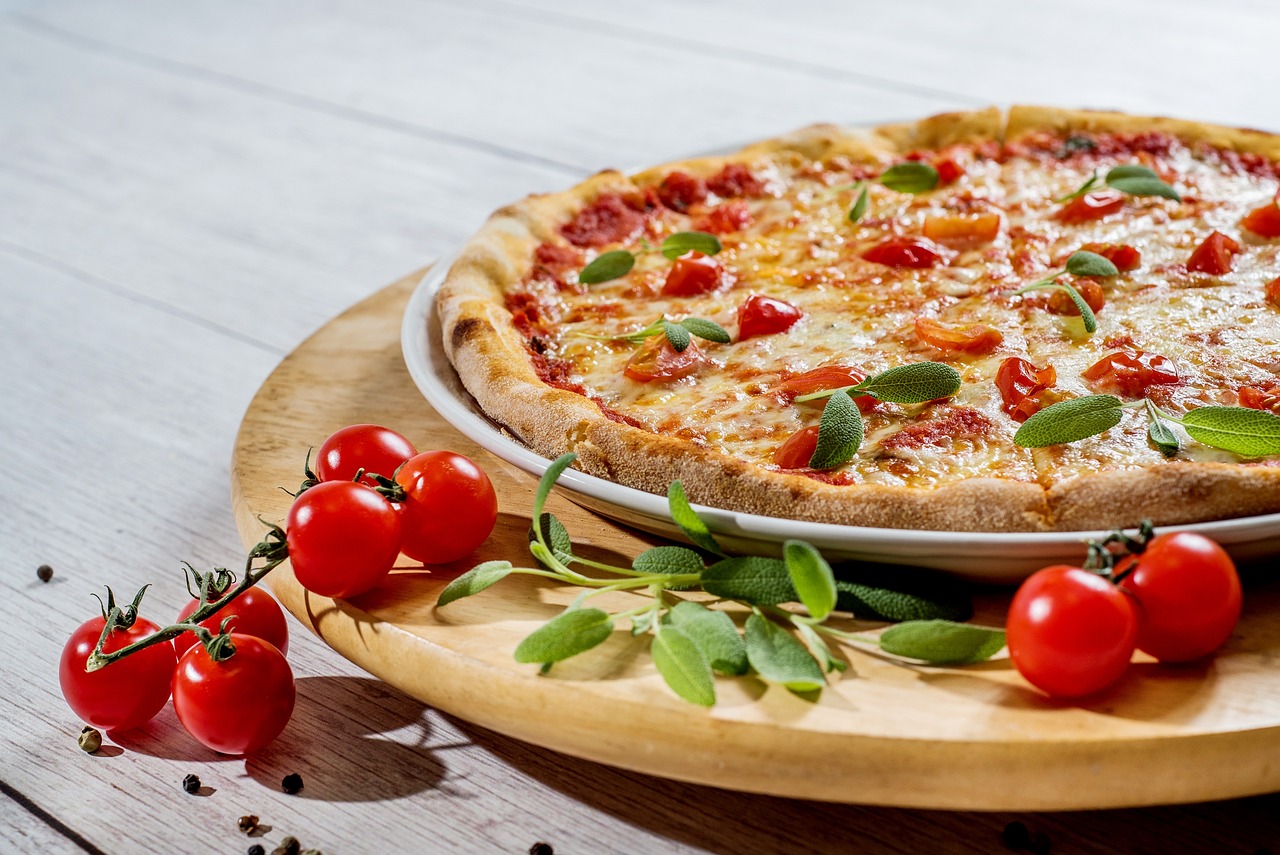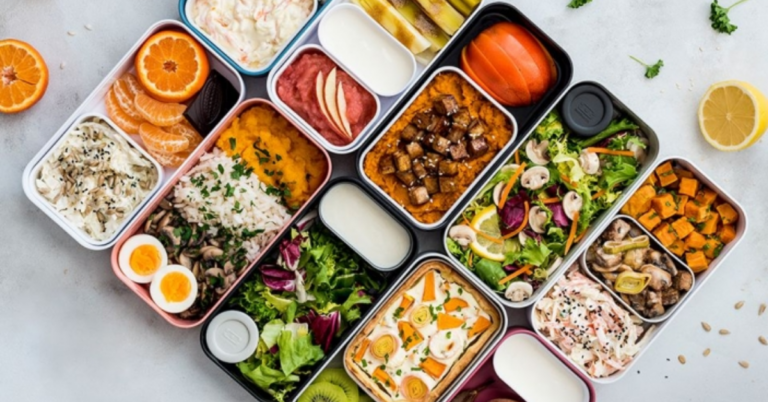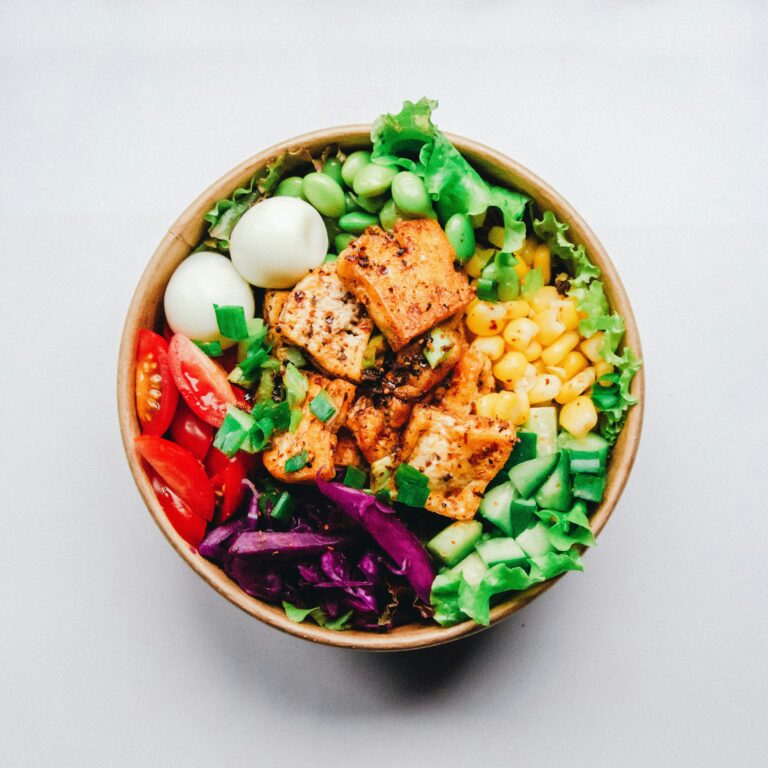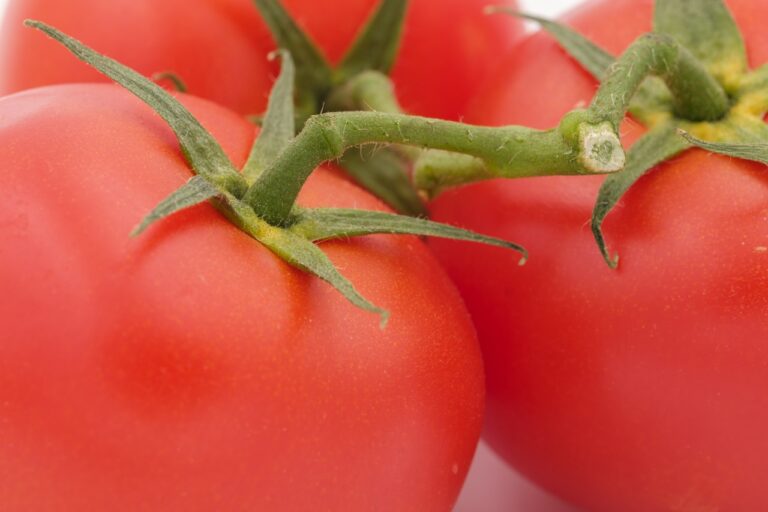The Future of Food Delivery Platforms: Personalization, Sustainability, and Convenience
The food delivery industry faces several obstacles that hinder its smooth operation. One significant challenge is the high competition among various food delivery services, leading to a saturated market. Customers are often bombarded with multiple options, making it challenging for companies to stand out and attract loyal clientele. This fierce competition can also drive down prices, affecting the profit margins of businesses and jeopardizing their sustainability.
Another major challenge is ensuring the timely and efficient delivery of food orders. With customers increasingly demanding faster delivery times, delivery services must streamline their operations to meet these expectations. This involves optimizing delivery routes, managing driver availability, and minimizing delays. Failure to address these logistical challenges can result in dissatisfied customers and negative reviews, ultimately impacting the reputation and success of food delivery companies.
Emerging Technologies in Food Delivery
Innovations in the food delivery industry have revolutionized the way consumers order and receive their meals. From drone delivery systems to self-driving delivery vehicles, technology is continuously pushing the boundaries of convenience and efficiency in food delivery services. These emerging technologies not only streamline the process of getting food to customers faster but also enhance the overall experience by offering new and exciting delivery options.
One of the most prominent advancements in food delivery technology is the use of AI-powered chatbots and virtual assistants. These intelligent systems are designed to interact with customers, take orders, and provide real-time updates on delivery status. By leveraging AI technology, food delivery platforms can offer personalized recommendations, address customer inquiries promptly, and adapt to changing customer preferences seamlessly.
Impact of Personalization on Consumer Experience
Personalization has become a key driver of the consumer experience in the food delivery industry. By tailoring recommendations and offers based on individual preferences and past behavior, companies have the opportunity to create a more engaging and satisfying experience for customers. This customization can lead to increased customer loyalty and retention, as individuals feel valued and understood by the brand.
Moreover, personalization can also play a significant role in increasing order frequency and average order value. By presenting customers with targeted promotions and suggestions, businesses can encourage them to explore new menu items or indulge in additional add-ons. This tailored approach not only enhances the overall dining experience for consumers but also has the potential to drive revenue growth for food delivery services.
– Personalization in the food delivery industry enhances customer experience
– Tailoring recommendations and offers based on individual preferences leads to increased customer loyalty
– Customization can lead to higher order frequency and average order value
– Targeted promotions and suggestions encourage customers to explore new menu items or add-ons
How does personalization in the food delivery industry enhance consumer experience?
Personalization allows for customized recommendations, special deals, and tailored communication, making the overall experience more convenient and enjoyable for consumers.
What are some challenges faced by the food delivery industry in implementing personalization?
Some challenges include data privacy concerns, technology limitations, and the need for accurate consumer data to personalize effectively.
What emerging technologies are helping to improve personalization in food delivery services?
Technologies such as machine learning, AI algorithms, and data analytics are playing a crucial role in enhancing personalization capabilities in the food delivery industry.
How can food delivery companies use personalization to retain customers and increase loyalty?
By understanding consumer preferences, behavior, and past orders, food delivery companies can offer personalized recommendations, promotions, and loyalty rewards, creating a more engaging and rewarding experience for customers.







